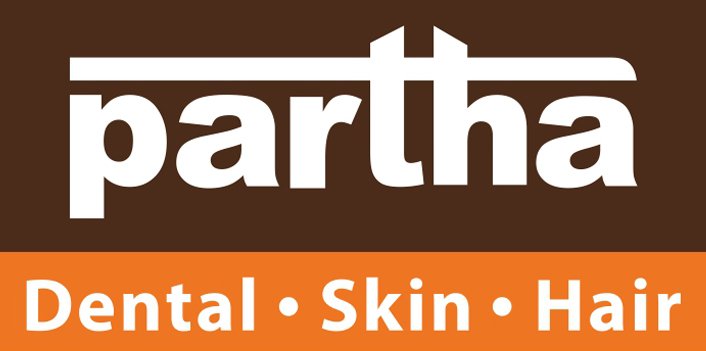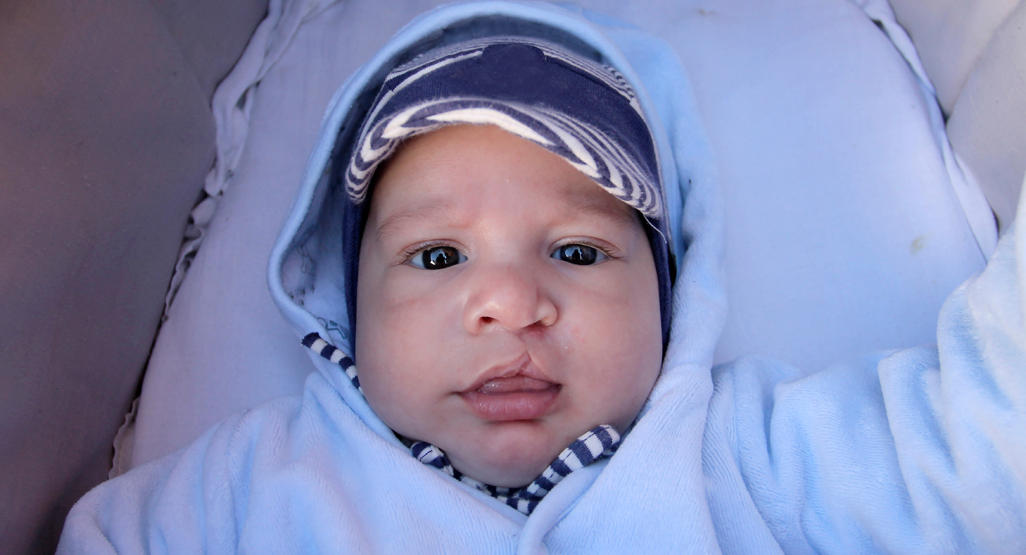- Cleft lip and palate is one of the most common childhood birth defects. Cleft lip and cleft palate occur when a child’s lip or mouth does not develop properly in the womb.
- They are referred to as orofacial (related to mouth and face) defects. A baby can be born with a cleft palate, cleft lip, or both. They are invariably associated with dental problems because they are orofacial defects.
Cleft Lip: This occurs when the lips do not form properly. The cleft can range in severity from a minor notch in the lip to a large opening that extends up through the nose.
Cleft Palate: A cleft palate occurs when the roof of the mouth does not completely close, resulting in an opening that can extend into the nasal cavity. Cleft palates can also extend all the way from the front of the mouth to the throat.
Causes of cleft lip and cleft palate:
The exact cause of orofacial defects in infants is unknown, and they cannot be avoided. Although there are certain risk factors and genetic links that indicate such abnormalities.
- Orofacial clefts are thought to be caused by both genetic and environmental factors.
- If a parent or sibling has this type of birth defect, the child is more likely to have it than other babies.
- Certain lifestyle habits or medication consumption by the mother contribute to this birth defect in the child.
It includes the following:
- Smoking: The majority of orofacial defects in babies were linked to mothers who continued to smoke during pregnancy.
- Diabetes: Women who have a pre-existing diabetic condition are more likely to have a child with a defective palate than mothers who do not.
- Certain Drugs Consumption: Drugs used to treat diseases such as epilepsy increase the likelihood of the baby having a deformed lip (with or without cleft palate).
When planning a child, it is recommended that all pregnant women discuss their medications and lifestyle habits with their doctors.
Complications of Cleft lip and Palate:
- Dental issues:
Teeth in the cleft area may be displaced, causing them to emerge in unusual positions, deformed, hypoplastic (ill-formed and prone to decay), or even missing. Most of the time, the upper front teeth on the cleft side are involved, resulting in poor cleaning of those teeth.
- Feeding problems:
When feeding the baby, food can pass through the opening in the palate and enter the baby’s nose. If you’re breastfeeding, try shifting your feeding position so your breast fills the cleft. However, the majority of the time, the baby will learn to swallow it.
- Ear infections and Hearing loss:
Ear infections and fluid buildup in the ears are more common in cleft babies. If untreated, it can lead to infections and hearing loss.
- Speech problems:
Children with cleft palates may also have speech problems. Although not always, the voice may be low or unclear.
Cleft lip and palate Treatment Plan:
- Cleft lip and palate can be successfully treated by a team of specialists including a plastic surgeon, a dentist, a speech pathologist, and an otolaryngologist.
- A plastic surgeon evaluates and performs the necessary surgery for cleft lip and/or palate.
- To align the teeth, orthodontic services are required.
- Routine checkups with a dental surgeon are required for proper oral cavity care.
- Prosthodontist services are frequently required for the creation of dental appliances or artificial teeth, as well as for improving the appearance, eating, and speaking processes.
- The speech therapist will assess the speech problems and recommend appropriate treatment.
- The ENT (ear, nose, and throat) specialist will assess hearing problems and weigh treatment options accordingly.
- Surgery to correct cleft lip and palate is individualised for each child. Various surgical techniques are used to reconstruct the affected tissues and prevent further complications.
- Following the initial cleft repair, doctors may recommend additional surgeries to improve speech or the appearance of the lip and nose.
- Deformed lip repair is typically performed between the ages of 3 and 6 months, with palate surgery following one year.
If your child have a cleft and are in search of a compassionate, understanding, and well-trained dentist, Do contact Partha dental clinic.




